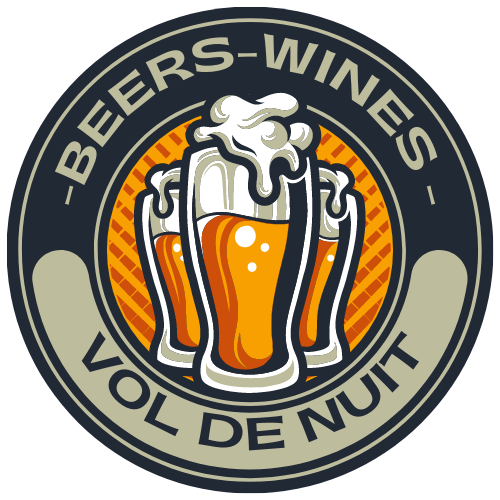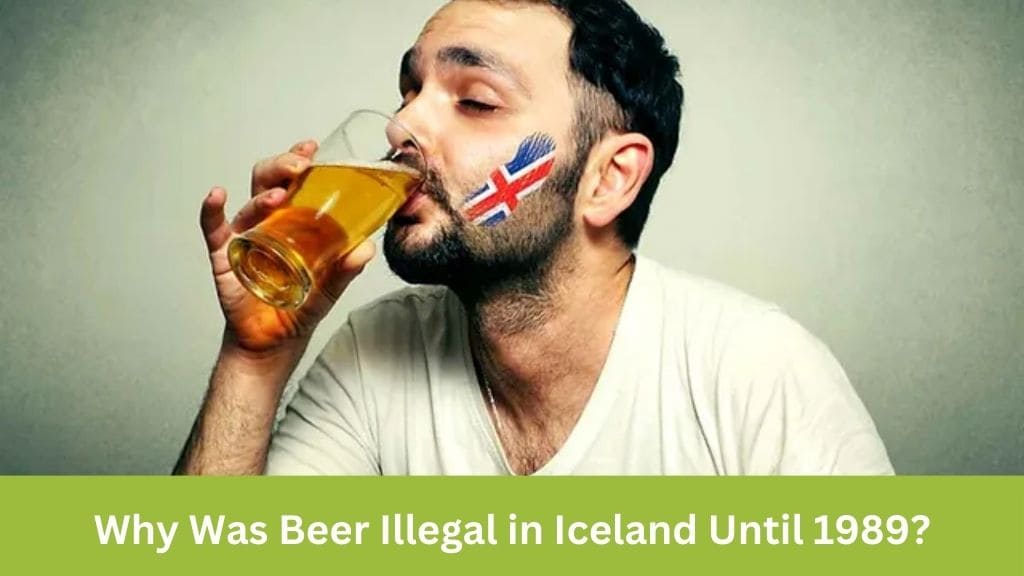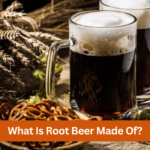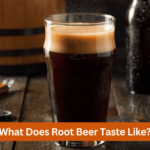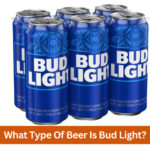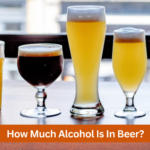Iceland, a country known for its stunning landscapes, vibrant culture, and unique traditions, has a fascinating history with alcohol, particularly beer. For a significant portion of its modern history, beer was illegal in Iceland, a prohibition that lasted until 1989. In this blog post, we’ll delve into the intriguing reasons behind this ban and explore the historical, social, and political factors that shaped Iceland’s relationship with beer.
Historical Background
Prohibition Movement
The prohibition of beer in Iceland stemmed from a larger global movement against alcohol consumption, particularly in the early 20th century. Inspired by similar movements in the United States and elsewhere in Europe, Iceland implemented its prohibition laws in 1909. This marked the beginning of a lengthy period during which beer remained banned in the country.
Unique Prohibition Laws
What makes Iceland’s prohibition particularly noteworthy is its selective approach to alcohol regulation. While beer was banned, other forms of alcohol, such as spirits and wine, remained legal. This distinction raises questions about the motivations behind the prohibition and the factors that contributed to beer being singled out for restriction.
Social and Cultural Factors
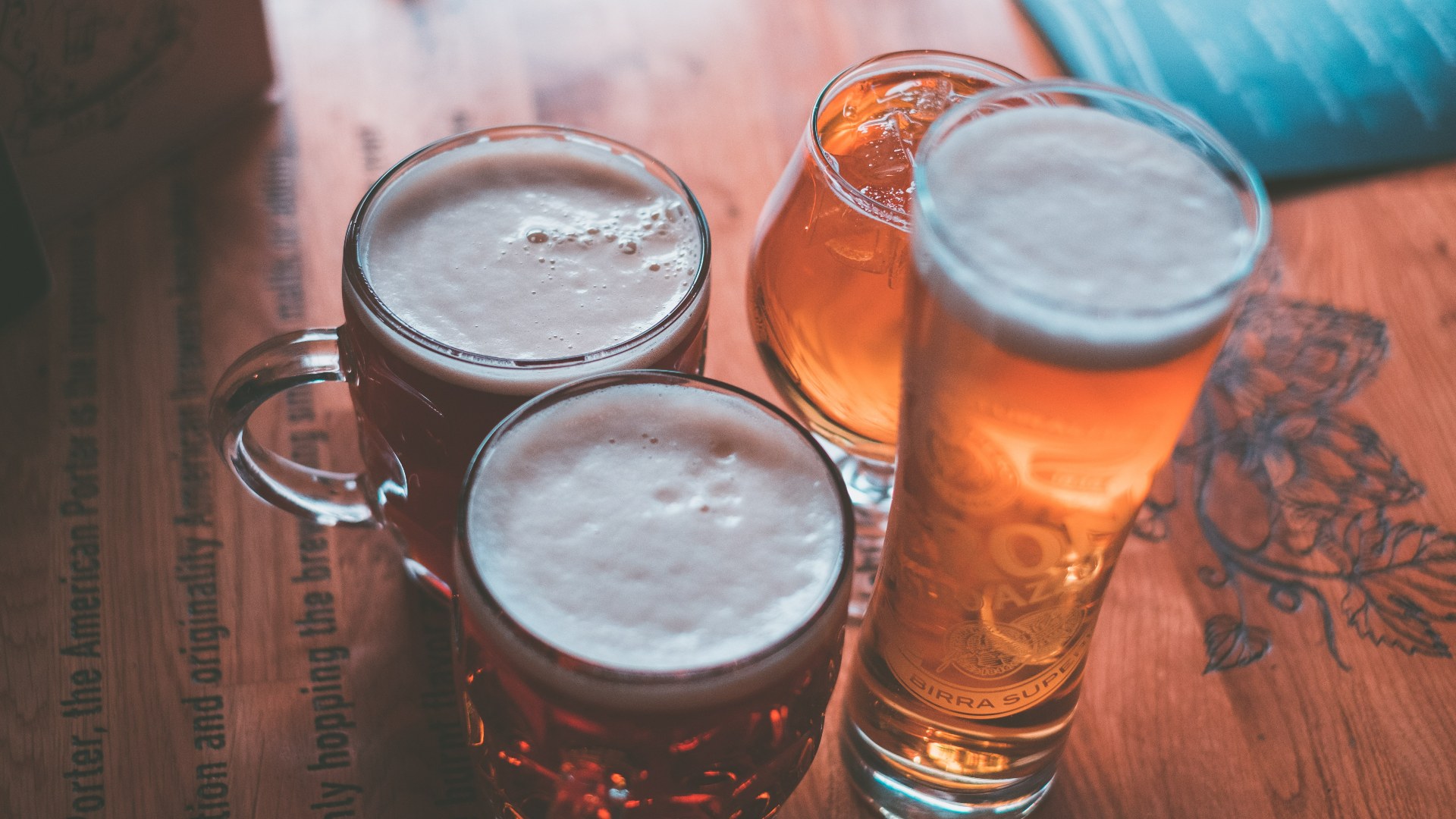
Perception of Alcohol
The perception of alcohol within Icelandic society played a crucial role in the implementation and maintenance of the beer ban. Alcohol was often associated with negative social consequences, including violence and public nuisance behavior. As a result, there was widespread support for measures to restrict its availability, especially among certain segments of the population.
Cultural Significance
Furthermore, cultural attitudes toward different types of alcohol influenced the trajectory of prohibition in Iceland. Beer, viewed as a relatively new and foreign beverage, was deemed less culturally significant compared to traditional Icelandic spirits. This perception contributed to the prioritization of other forms of alcohol over beer in terms of legalization efforts.
Political Dynamics
Legislative Decisions
Political factors also shaped the evolution of Iceland’s alcohol laws. The decision-makers in parliament played a pivotal role in determining which types of alcohol would be legalized and when. The influence of special interest groups, public opinion, and international trade agreements all influenced the legislative process surrounding alcohol regulation.
Independence Movement
Additionally, Iceland’s quest for independence from Danish rule intersected with its alcohol policies. The desire to establish a distinct national identity led to efforts to distance Iceland from Denmark’s beer-drinking culture. This ideological stance further entrenched the prohibition of beer as a symbol of Icelandic independence and sovereignty.
Economic Considerations
Trade Relations
Economic considerations also factored into the regulation of alcohol in Iceland. Trade relations with other countries, such as Spain, played a significant role in determining which types of alcohol would be allowed into the country. The economic benefits of certain trade agreements often outweighed the moral or social arguments against alcohol consumption.
Tourism and Industry Growth
Furthermore, the legalization of beer in 1989 can be attributed, in part, to the economic benefits associated with the alcohol industry. As Iceland’s tourism sector expanded and domestic breweries gained prominence, there was growing pressure to lift the ban on beer to capitalize on these opportunities for economic growth.
The Road to Legalization
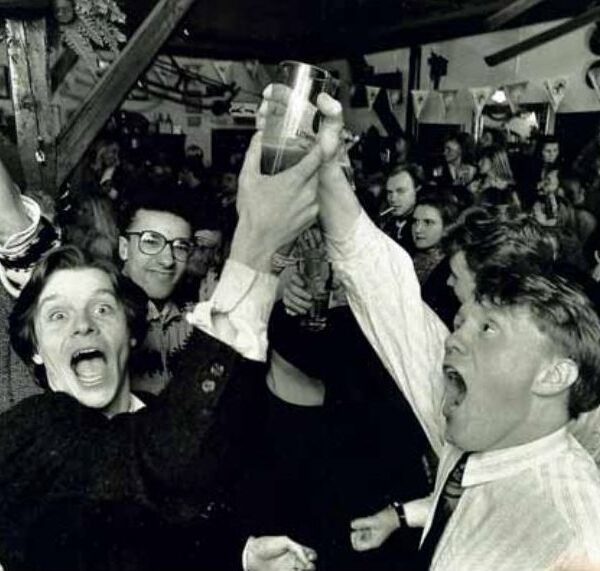
Public Opinion
Over time, public opinion began to shift regarding the prohibition of beer. As attitudes toward alcohol evolved and the societal impact of the ban became more apparent, there was increasing support for its repeal. Grassroots movements, advocacy efforts, and changing demographics all contributed to a growing momentum for legalization.
Legislative Reform
Finally, after decades of debate and activism, the Icelandic government took steps to repeal the prohibition of beer. Legislative reforms in 1989 marked the end of a 75-year ban and paved the way for the reintroduction of beer into Icelandic society. This landmark decision represented a significant shift in the country’s alcohol policies and reflected changing social norms and priorities.
Conclusion
The prohibition of beer in Iceland until 1989 was shaped by a complex interplay of historical, social, political, and economic factors. From the influence of global prohibition movements to the unique cultural attitudes toward alcohol, multiple forces converged to maintain the ban for nearly a century. However, changing public opinion, economic considerations, and legislative reforms ultimately led to the repeal of this longstanding prohibition, marking a new chapter in Iceland’s relationship with beer.
I’m Chen Mina, from Vol de Nuit, who has a special passion for bartending, especially mixing wine, beer, and cooktail. Here you will find content about alcoholic beverages, I will bring you knowledge that few people know about this drink.
